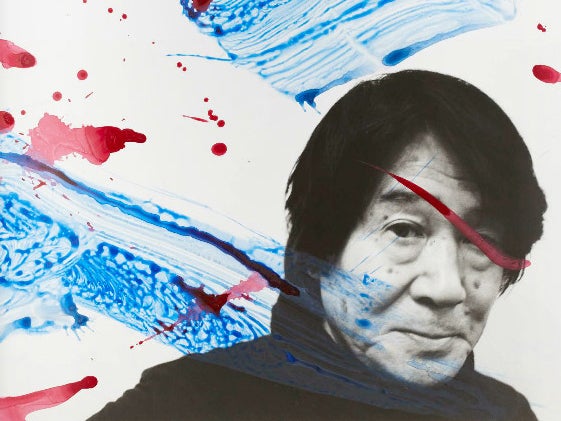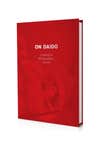On Daido: 31 Photographers Pay Tribute to Japan’s Most Inspiring Image-maker
Alec Soth, Rinko Kawauchi, and Martin Parr among them










Daido Moriyama is one of the most influential photographers in the history of the medium—but why take our word for it? The forthcoming book On Daido, from FBF, the publishing branch of the not-for-profit Fotobookfestival Kassel, features homages from 31 photographers and 21 writers exploring what it is about his deceptively simple images that continue to captivate and inspire so many to follow suit. The book is being funded through Indiegogo and, as of this writing, is about two-thirds away from target with just over two days left in the campaign.
Moriyama’s snapshot style exploring post-war Japanese culture in transition is most associated with the late ’60s era Provoke magazine, which championed the “are, bure, boke,” [translated: rough, blurred, and out of focus] aesthetic. It’s influence is unmistakable in the work of photographers like Anders Petersen, Jacob Aue Sobol, Todd Hido, and the many others who submitted tributes to On Daido. Among the writers included in the book are Erik Kessels, Sandra S. Phillips, Leo Rubinfien, and once-prolific American Photo contributor Dan Abbe, to name a few.
According to the publisher, their request for contributions to the book, which will be published in an edition of 500, was mostly met with a resoundingly positive response and immediate approval. “How does one approach the Daido Moriyama phenomenon?” they ask. This is a pretty good place to start.
Moriyama’s snapshot style exploring post-war Japanese culture in transition is most associated with the late ’60s era Provoke magazine, which championed the “are, bure, boke,” [translated: rough, blurred, and out of focus] aesthetic. It’s influence is unmistakable in the work of photographers like Anders Petersen, Jacob Aue Sobol, Todd Hido, and the many others who submitted tributes to On Daido. Among the writers included in the book are Erik Kessels, Sandra S. Phillips, Leo Rubinfien, and once-prolific American Photo contributor Dan Abbe, to name a few.
According to the publisher, their request for contributions to the book, which will be published in an edition of 500, was mostly met with a resoundingly positive response and immediate approval. “How does one approach the Daido Moriyama phenomenon?” they ask. This is a pretty good place to start.